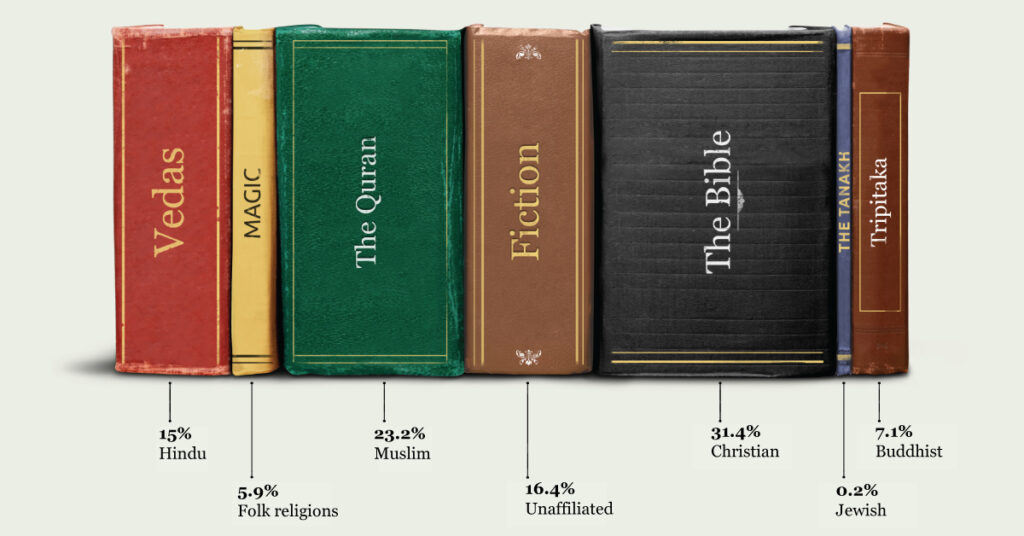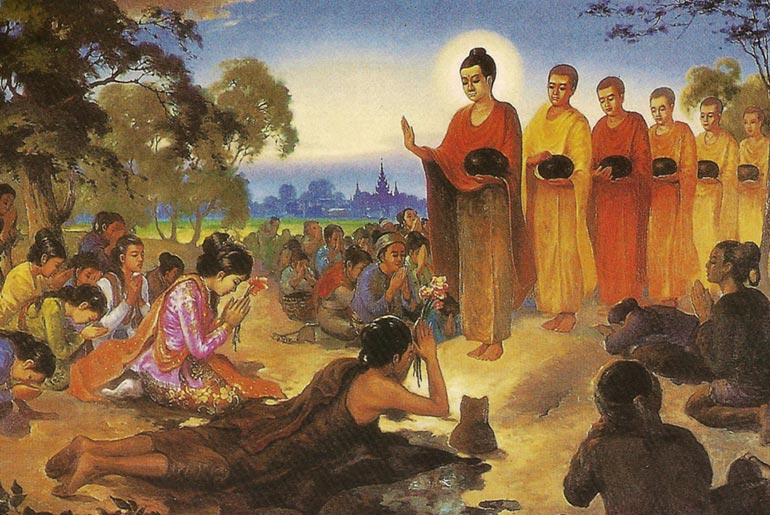24 Key Crafts in Moviemaking: A Comprehensive Guide
24 Key Crafts in Moviemaking: A Comprehensive Guide Moviemaking is a complex art form that requires the collaboration of various crafts and skills. From the initial stages of conceptualization to the final touches in post-production, each craft plays a vital role in bringing a film to life. This article explores 24 key crafts involved in moviemaking, detailing their importance and contribution to the final product. 1. Screenwriting Screenwriting is the foundation of any film. It involves crafting the script, which includes the dialogue, characters, and plot. A well-written screenplay serves as the blueprint for the entire production. Screenwriters must understand storytelling, character development, and the dynamics of film structure. They often work closely with directors to ensure that the story aligns with the film’s vision. 2. Directing The director is the creative leader of the film. They interpret the script, make crucial creative decisions, and guide the cast and crew to realize their vision. Directors work closely with every department, from cinematography to sound design, to ensure that all elements come together cohesively. A director’s vision and leadership are pivotal in shaping the film’s style, tone, and narrative flow. 3. Producing Producers are responsible for the overall production of the film. They manage the budget, hire key staff, and oversee the production schedule. Producers work closely with directors to ensure that the project stays on track, both creatively and financially. They are also involved in securing funding, distribution deals, and marketing strategies for the film. 4. Casting Casting directors are responsible for selecting the right actors to bring the characters to life. They work with directors and producers to understand the character requirements and audition actors for the roles. A great casting director understands the nuances of each character and finds actors who can embody those qualities, often making or breaking the authenticity of the film. 5. Cinematography Cinematography is the art of capturing the visual essence of the film. Cinematographers, or directors of photography (DPs), are responsible for selecting the camera, lenses, and lighting equipment. They work closely with the director to establish the visual style of the film, deciding on camera angles, movements, and lighting techniques to enhance the story’s mood and emotion. 6. Production Design Production designers are responsible for the overall visual look of the film’s sets, locations, and props. They collaborate with the director and cinematographer to create a cohesive visual style that complements the story. Production designers oversee the art department, which includes set designers, decorators, and prop masters, ensuring that every visual detail supports the narrative. 7. Art Direction Art directors work under the production designer and are responsible for executing the visual design of the sets and locations. They manage the art department, including set construction, painting, and decoration. Art directors ensure that the sets are built according to the production designer’s vision and are consistent with the film’s aesthetic. 8. Set Decoration Set decorators are in charge of furnishing and decorating the film’s sets. They select and place all the elements that appear in the scene, such as furniture, drapery, artwork, and other props. Set decorators work closely with the production designer and art director to create a believable and visually appealing environment that enhances the film’s story. 9. Costume Design Costume designers are responsible for creating the wardrobe for the characters. They research and design costumes that reflect the time period, setting, and personality of each character. Costume designers work closely with the director and production designer to ensure that the costumes align with the film’s overall visual style and narrative. 10. Makeup and Hair Styling Makeup artists and hairstylists are responsible for the appearance of the actors. They create the makeup looks and hairstyles that define each character, from natural looks to elaborate special effects makeup. They work closely with the costume designer and director to ensure that the actors’ appearance aligns with the character and the film’s visual style. 11. Special Effects Makeup Special effects makeup artists specialize in creating realistic injuries, aging effects, prosthetics, and other complex makeup effects. They use techniques such as molding, sculpting, and painting to transform actors into creatures, monsters, or aged versions of themselves. Special effects makeup is crucial in genres like horror, fantasy, and science fiction. 12. Stunt Coordination Stunt coordinators are responsible for designing and supervising all the physical stunts in a film. They ensure that all stunts are performed safely and effectively, working closely with the director, actors, and stunt performers. Stunt coordinators must have a deep understanding of physical performance, safety protocols, and the technical aspects of filming action scenes. 13. Visual Effects (VFX) Visual effects artists create computer-generated imagery (CGI) that enhances or replaces elements of live-action footage. VFX can include anything from adding digital backgrounds to creating entirely animated characters. VFX artists work closely with the director and cinematographer to ensure that the digital elements blend seamlessly with the live-action footage. 14. Special Effects (Practical) Special effects artists handle practical, on-set effects that are created during filming rather than in post-production. This includes pyrotechnics, animatronics, and weather effects like rain or snow. Special effects artists work closely with the production team to ensure that these effects are safe and effective, adding a tactile realism to the film. 15. Sound Design Sound designers are responsible for creating the audio landscape of the film. They record, edit, and mix sound effects, dialogue, and ambient noises to enhance the storytelling. Sound designers work closely with the director to ensure that the audio complements the visual elements and adds depth to the narrative. 16. Foley Art Foley artists create and record sound effects that are added to the film in post-production. These sounds, such as footsteps, door creaks, or fabric rustling, are created in sync with the visual action on screen. Foley artists use various props and materials to produce realistic sounds that enhance the film’s audio experience. 17. Music Composition Composers create the original score for the film, which includes all the musical elements that accompany the visual
24 Key Crafts in Moviemaking: A Comprehensive Guide Read More »










